Investing in a property or home is always exciting. However, property issues after your purchase can dampen the enthusiasm and joy. What’s the best course of action to avoid this? Get a building inspection to find and fix these issues early.
Property buyers and sellers should hire building and pest inspection agencies to determine issues and suggest ways to address them. So, what problems might a building inspector find in a building, house, or property?
Let’s look at the ten most common faults spotted in building inspections and what you can do to address them.
1) Water Penetration or Leaking
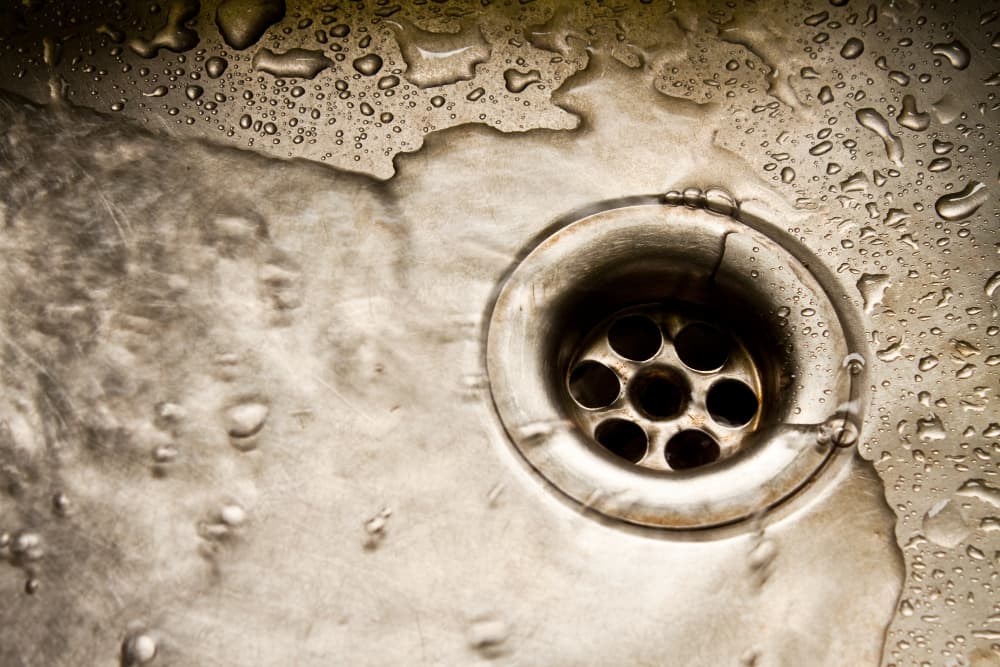
Leaks are the most common issues that aren’t caught early on. They can occur on your roof, basement, or plumbing lines. When unresolved, water leaks can cause rot or mould inside your house, which can both destroy your property and cause serious health problems.
How to Address: Properly seal and waterproof your roofs and basements. Check plumbing systems for wear and tear and repair any leaks immediately. Use dehumidifiers in areas prone to high humidity to prevent mold growth.
2) Faulty Electrical Wiring
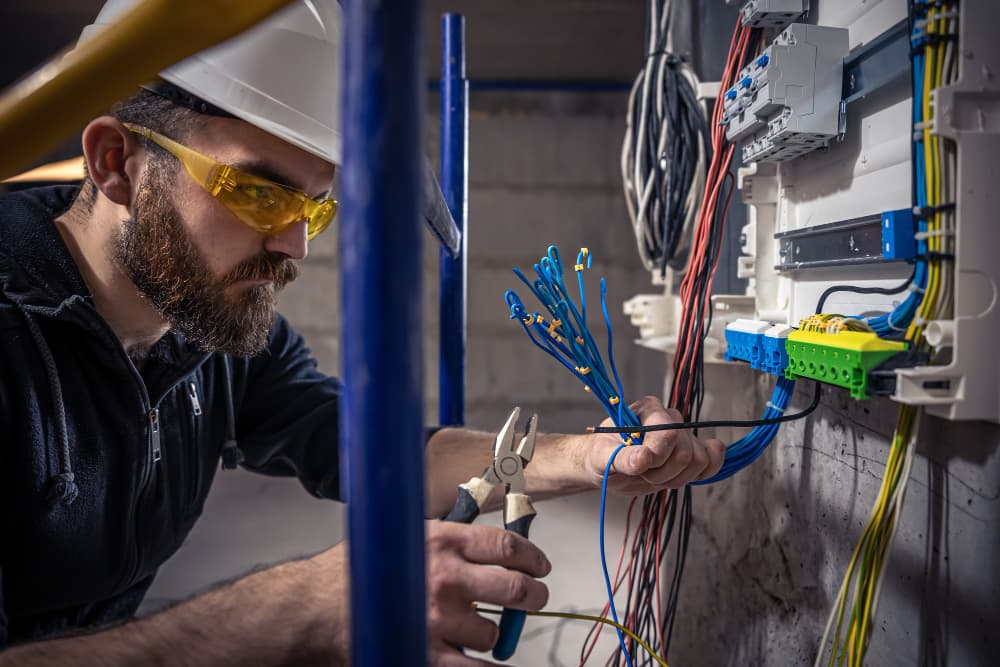
Faulty electrical wiring can increase your home’s fire risk (remember the ending of “BEEF?”), electrocution, and power outages. Building inspectors will often check for signs of electrical wiring problems like flickering lights, frequent circuit breaker trips, and burnt outlets.
How to Address: Get a licensed electrician to repair or upgrade wiring issues. They might also check whether your electrical system complies with local building codes and standards to get to the root of the problem.
3) Plumbing Issues

Apart from minor leaks, plumbing issues can include significant blockages. If left unresolved, these problems can lead to water damage, increased water bills, and unsanitary conditions. You don’t want to wait for those smells to surface!
How to Address: Get a professional plumber to resolve issues early. This includes checking for leaks, fixing water pressure, and cleaning drains to prevent blockages. A plumber can fix some blocked drains. In the case of major blocks, you’ll need a blocked drain specialist to do the dirty (literal) work.
4) Fire Hazards
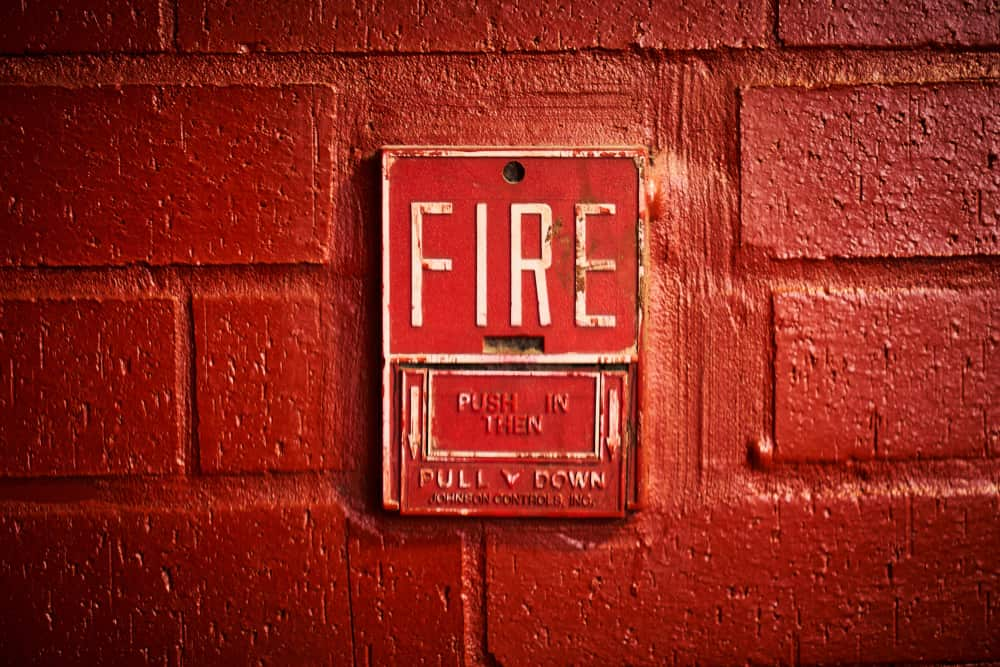
Many fire hazards, like faulty electrical systems or overloaded power outlets, are intertwined with electrical issues. In other cases, improper flammable material storage or construction material usage that is too flammable can also cause danger to lives and property. Inspectors will also check if you have ample smoke detectors, fire extinguishers, and fire exits.
How to Address: Install smoke detectors and fire extinguishers throughout the building. Educate inhabitants on safe practices, such as not overloading outlets and safely storing flammable materials.
5) Insect and Pest Infestations
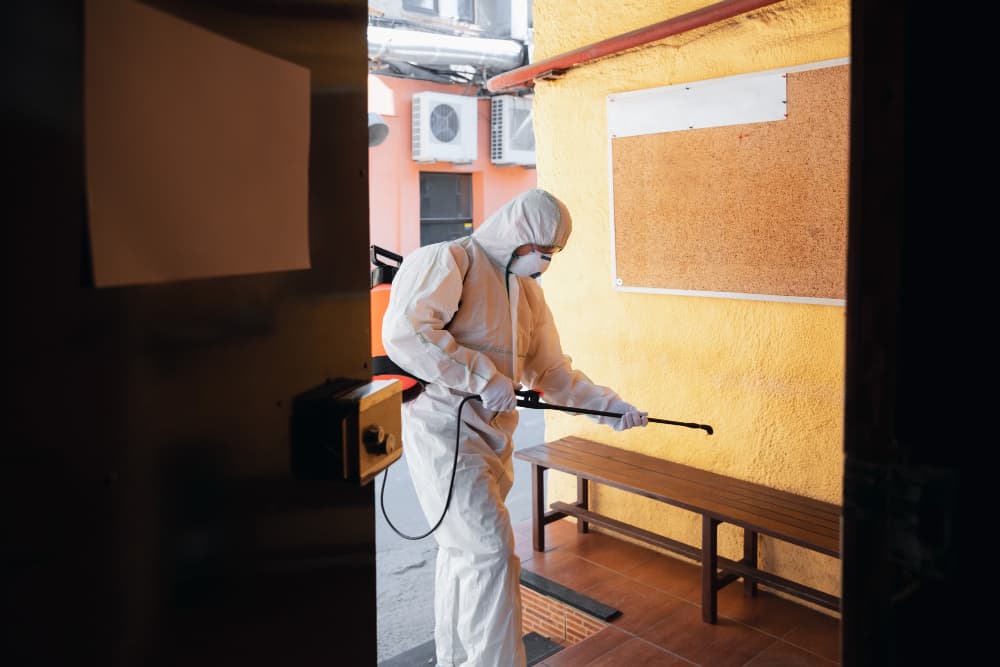
Termites, rodents, and cockroaches— such pests do more than make the hair on your neck stand up. They can cause structural damage and pose health risks. If unresolved, their excessive presence can also lead to costly repairs if you don’t address them ASAP.
How to Address: It’s time to call in the exterminator, but that’s just a band-aid solution. You should also seal cracks and openings to prevent entry and maintain cleanliness to deter pests.
6) Roof Damage
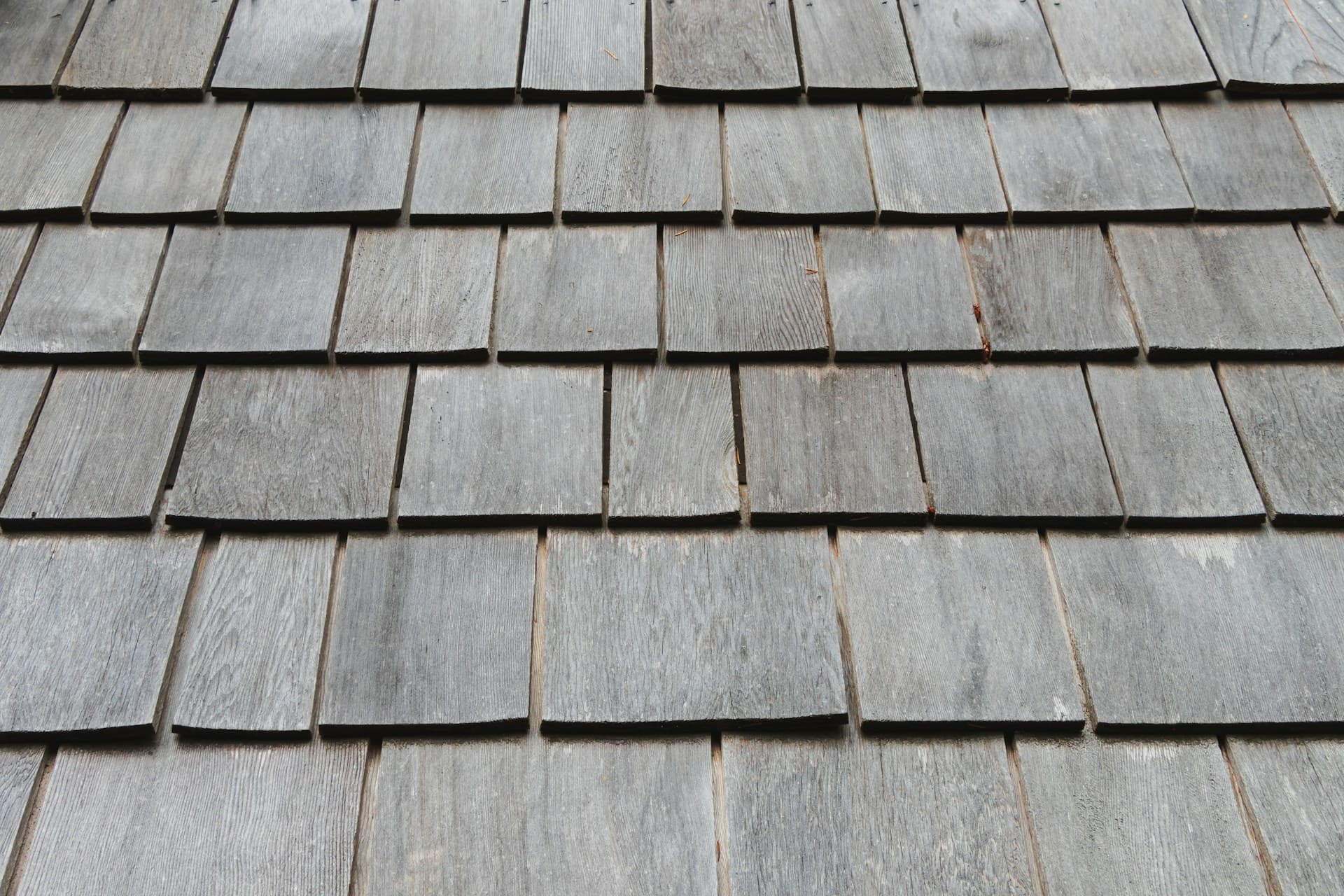
Roof damage might include missing shingles or leaks. If left unattended, it could cause water penetration issues. Moreover, it can weaken a building's interior or structural integrity.
How to Address: Fix any roof damage. You can hire a roof repair specialist to do this. In some cases, excessive roof damage might cost less to build from scratch. After finding major damage, you should assess whether you want to buy the property. After fixing, create a regular maintenance schedule, which includes replacing damaged shingles, sealing leaks, and ensuring proper drainage.
7) Heating, Ventilation, and Air Conditioning Issues
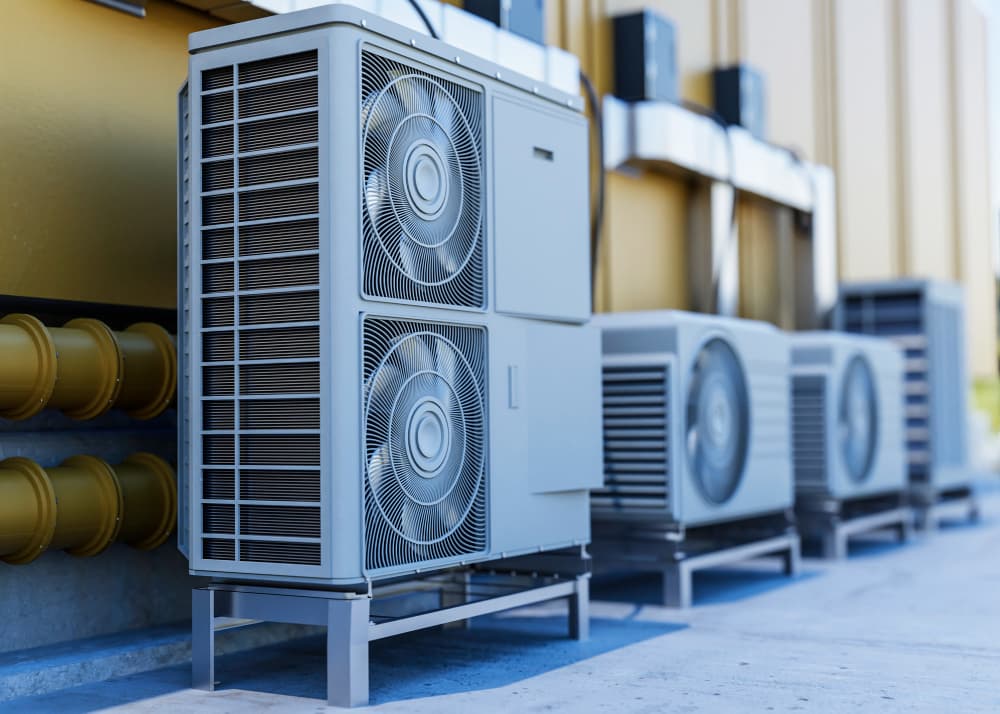
HVAC problems can lead to uncomfortable living conditions. They will also increase your energy bills and likely spread allergens and pollutants.
How to Address: Hire a professional HVAC technician for maintenance. You’ll also want to check and maintain regularly. Clean the filters, check for leaks, and assess functions regularly. Quarterly or bi-annually checks should be enough.
8) Structural Integrity Problems
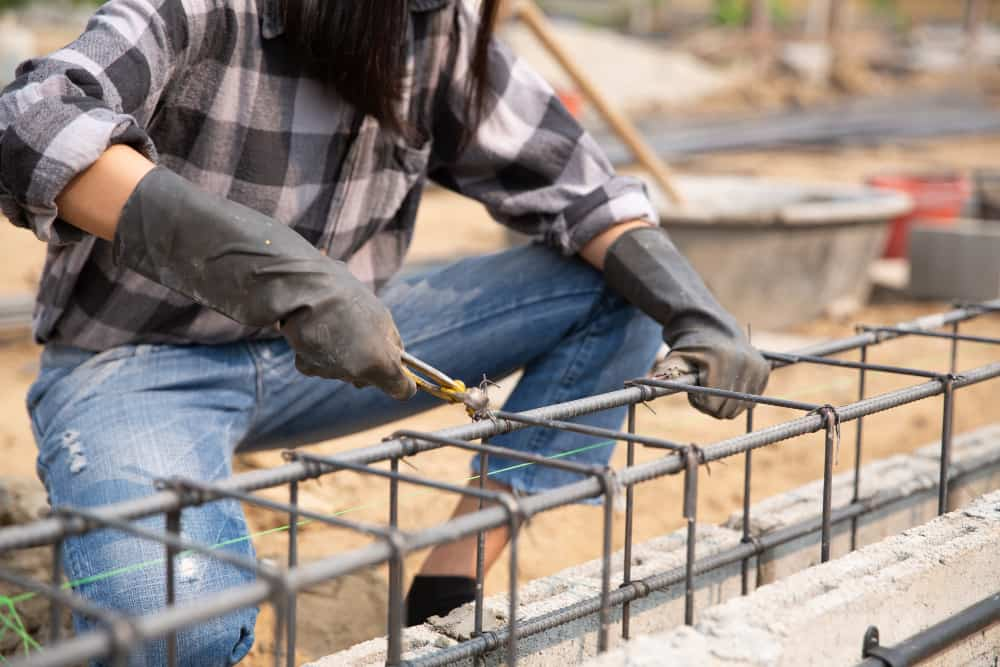
Structural integrity issues include foundation cracks, rotten wood, and rusting steel. These are arguably some of the most costly and dangerous problems. Some of the most unsafe conditions and catastrophes stem from questionable structural integrity.
How to Address: Like roof repairs, see if structural fixes will still be practical. If you can do it well, try to negotiate for a lower price on the property. Fixing these issues will cost you, so you should get the property for less.
9) Poor Upkeep
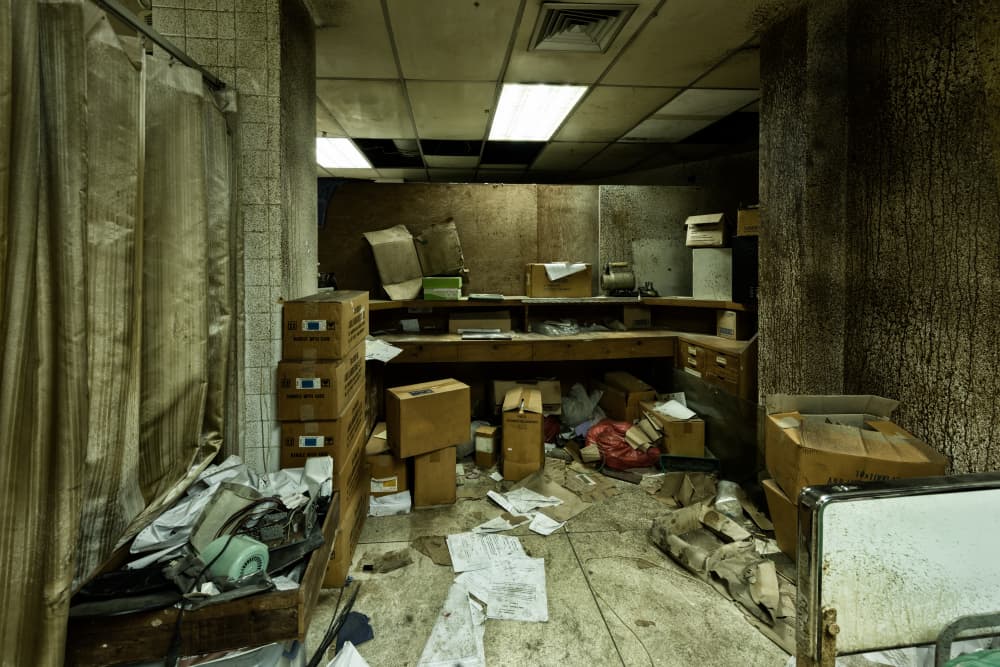
Poor upkeep will ruin the interior’s cosmetics and even structure. If the property has lackluster cleanliness, you’re probably looking at a house or structure that could cause health problems.
How to Address: Implement a regular maintenance schedule that includes cleaning, inspecting, and repairing various building elements. Get a cleaner to help you thoroughly disinfect the house. Address any minor issues promptly to prevent more extensive and costly problems.
10) Exterior Issues
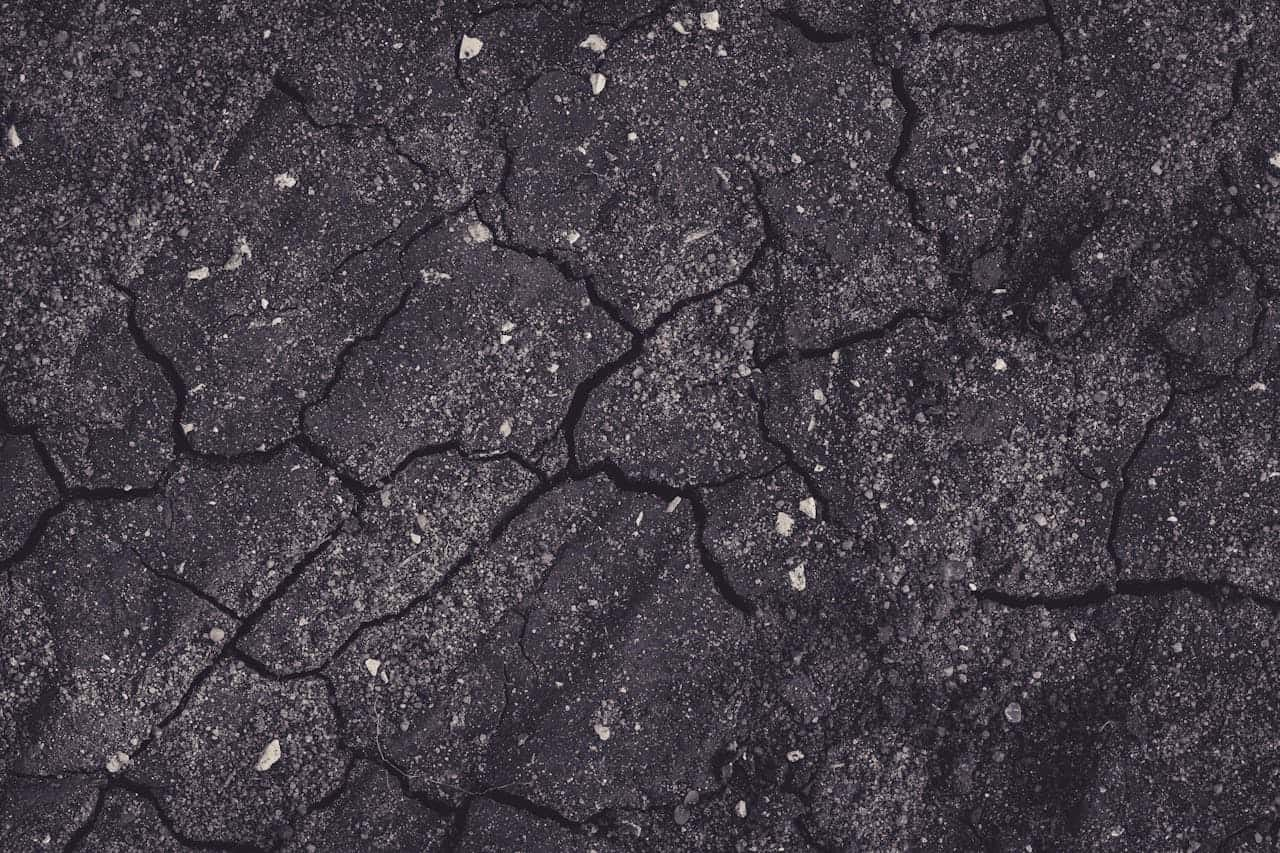
Exterior problems are issues outside the home or building. Some common issues include damaged siding, broken windows, and deteriorating paint. These issues can affect a building's appearance and structural integrity.
How to Address: Repair or replace damaged components as necessary.
Final Thoughts
They say prevention is better than cure. That applies to all sorts of aspects, including buildings and homes. Before buying or investing, work with a building inspector to see if your dream property has any of the issues above. If you find them, don’t worry! Most of these issues are solvable.
Make sure to factor in issues in your negotiation process. Knowledge is power. If you need a building inspector, Vetted is here to help. Sign up and access a directory of building and pest inspection agencies and professionals who are ready to work with you!

